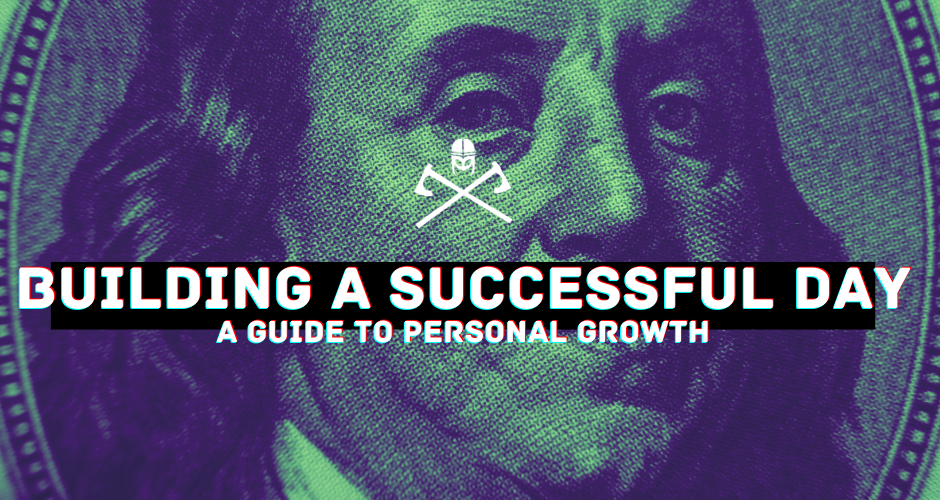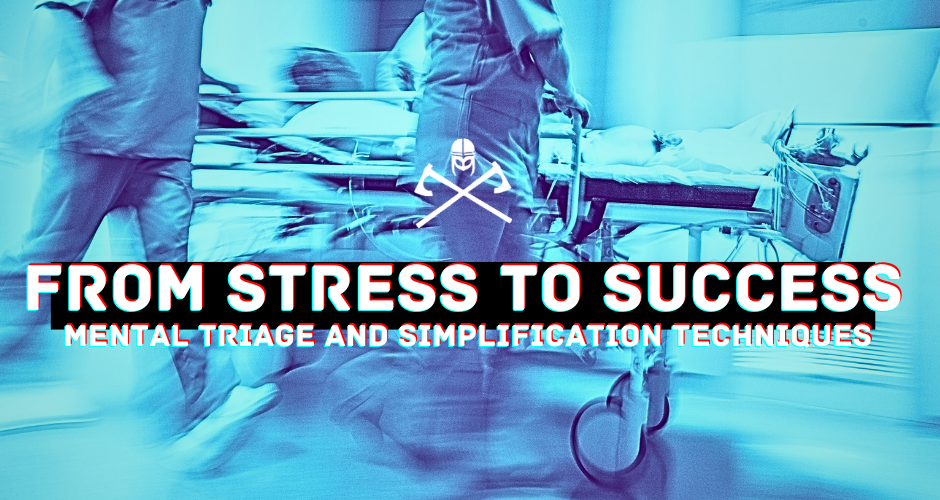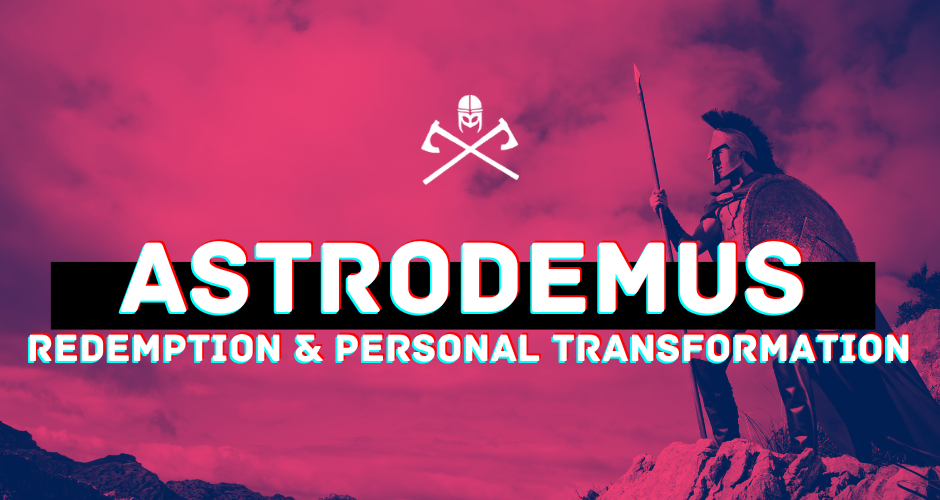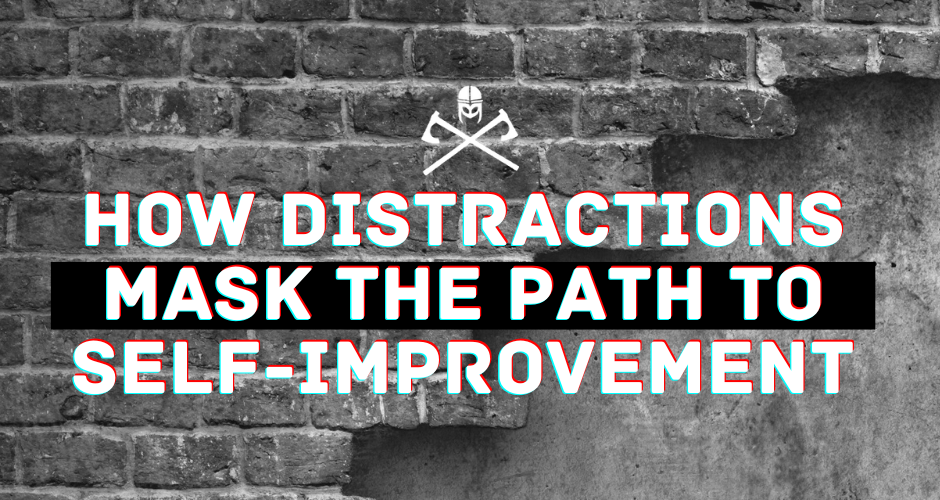
by Gene Crawford | Jun 17, 2024 | Podcast
Ever wondered how turning 50 could be the best thing that ever happened to you? Prepare to be surprised as we share personal stories of unexpected vitality and mental clarity that come with this milestone. From a surprise birthday trip with old army buddies to the physical and emotional changes that accompany aging, we emphasize the power of maintaining a youthful mindset and reconnecting with old friends. The nostalgia and camaraderie we experienced are not just heartwarming but also remind us of the importance of cherishing lifelong relationships.
As we age, friendships evolve, and we become more selective about our close circles. This episode highlights the value of mutual support and accountability within these friendships. We share our thoughts on dealing with loneliness despite increased responsibilities, and the importance of having a core group of friends who push and motivate us. Is it confidence or acceptance that makes us feel secure in these friendships? We ponder this question while recognizing the continuous drive for personal growth and the significant role our friends play in it.
(more…)

by Gene Crawford | May 6, 2024 | Podcast
Are you ready to transform your days into a springboard for success all year long? Our latest podcast episode uncovers morning rituals that can boost productivity and self-improvement. We discuss a daily framework that begins with asking, “What good shall I do today?” and delve into a structured schedule that balances work, planning, and personal growth. Our conversation explores timeless wisdom, focusing on the importance of intentionality and how it can set the tone for a fulfilling day. We also examine a set of guiding virtues that promote continuous self-improvement and reflection.
To bridge the gap between traditional and modern approaches, we turn to contemporary thinkers like Arnold Schwarzenegger and Ryan Holiday, who offer insights into building a growth mindset and the power of community support. Our podcast discusses the role of positivity and ethical decision-making, emphasizing the importance of seeing the positive in challenges and maintaining a moral compass. We conclude with practical takeaways, encouraging listeners to begin each day with purpose and to structure their routines for success. Tune in to learn how to apply these practices to create mornings that lead to a life of excellence.
(more…)

by Gene Crawford | Apr 22, 2024 | Podcast
Transform your never-ending ‘to-do’ list into a view of readiness with Dr. Daria Long’s expert guidance, as we explore practical strategies for achieving a state of preparedness. From the ER to your personal chaos, Dr. Long translates her frontline experience into actionable advice for managing life’s daily demands with finesse. We tackle the pitfalls of the ‘crazy busy’ badge of honor, advocating for a ‘ready mode’ outlook that prioritizes triage of tasks and simplicity in everyday life. By sharing techniques to step out of the whirlwind in your mind, we help you reframe stress as a manageable facet of a well-organized life.
In our continuing journey of self-improvement, we scrutinize the mental frameworks that dictate our actions and the results we achieve. Using personal anecdotes from my time as a martial arts coach, we expose how mindset and beliefs craft our reality, emphasizing the power of visualizing success and the necessity of confronting confirmation bias. This episode is an invitation to audit your belief systems, to dare to challenge the status quo of your limitations, and to take command of your own narrative. Join us as we break down barriers and foster a mindset of empowerment and relentless pursuit of personal growth.
(more…)

by Gene Crawford | Mar 25, 2024 | Podcast
Have you ever worn a cloak of shame so heavy it seemed impossible to shed? Astrodemus of Sparta did, and his story of disgrace transformed into honor is a testament to the human spirit’s relentless pursuit of redemption. Journey with us through ancient battlefields as we unravel the gripping narrative of a warrior who rose from the ashes of humiliation at the Battle of Thermopylae to a valorous end at Plataea. We’ll dissect how Astrodemus’ tale, echoed in novels and films, speaks to the broader themes of overcoming stigma and redefining what it means to reclaim lost dignity. It’s a tale of how the echoes of the past still resonate with our struggles today.
But why does Astrodemus’ story matter to us? The episode pushes further, drawing parallels between the ancient Spartan’s journey and our own battles with adversity in today’s world. In a segment that contrasts the Spartan’s physical trials with modern-day challenges, we touch upon how voluntarily facing hardship, as taught in programs like Mark Divine’s Seal Fit and the practices of shugyo, can shape our character and fortify our resolve.
This podcast takes you through the concept of ‘voluntary hardship’ – a transformative tool for character building. It’s about pushing ourselves beyond comfort to grow stronger, both mentally and physically. As we draw from the wisdom of SealFit and shugyo, we realize the powerful impact such practices can have on our personal development.
(more…)

by Gene Crawford | Feb 18, 2024 | Podcast
Have you ever found yourself lost in the labyrinth of daily life, reaching for capitalism’s glittering distractions as a shield from the inner work that you need to be doing? Dr. Scott has returned to the show and brought to light the art of navigating through the chaos. We shared a raw conversation on the allure of distractions—from politics to shopping sprees—and how these might be cleverly disguised barricades against the essential task of self-improvement. Delving into the nuances that separate hobbies from mere distractions, we confronted the external standards that often dictate our self-worth and unearthed the poignant truths many of us come to recognize when it’s too late.
The mind’s complexity is a realm that can both captivate and confound, and in this episode, we scrutinized the fabric of our thoughts and actions. Exploring the relationship between brain chemistry and our sense of free will, we pondered if we’re truly the authors of our destinies or simply actors on a stage directed by our neurological narratives. Through the lens of love and forgiveness, we questioned the capacity for change and the biochemical undercurrents that steer the human experience.
(more…)





